The Weird Long And Short Of It Are Movies Getting Too Long
Are Movies Getting Too Long?
The Time Is Ticking Too Long
The cinematic experience has evolved significantly over the decades, with runtime being one of the most noticeable changes. While classic films often wrapped up in under two hours, modern movies frequently stretch beyond the 150-minute mark. This raises the question are longer movies enhancing storytelling, or are they testing audience patience?
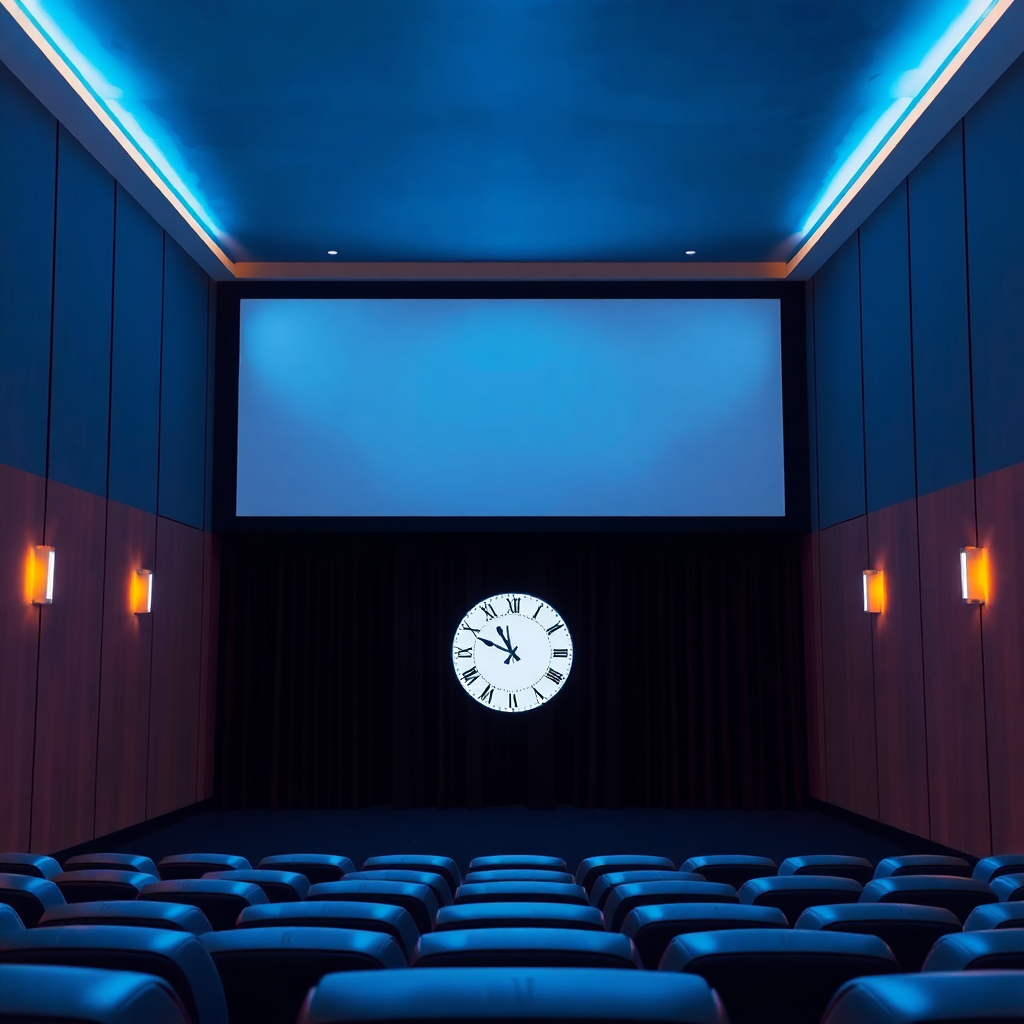
The Expanding Runtime Phenomenon
From Classics to Epics The Shift Over Decades
In earlier decades, most movies were neatly wrapped up within 90 to 120 minutes. Films like Casablanca (1942) and The Wizard of Oz (1939) charmed audiences with concise storytelling. However, modern productions are pushing boundaries, often exceeding the 150-minute mark. Blockbusters like Avengers: Endgame (2019) and The Batman (2022) highlight this shift, with runtimes creeping closer to three hours.
This growing trend isn’t exclusive to action-packed epics. Even dramas and musicals, such as The Irishman (2019) and Les Misérables (2012), embrace extended runtimes, reshaping audience expectations.
Reasons Behind Lengthier Films
Creative Choices vs. Market Demands
Today’s filmmakers often juggle interconnected plots and nuanced character arcs. Longer runtimes provide room to explore these elements, creating a richer experience for viewers. Audience viewing habits have also shifted due to the rise of streaming platforms. Binge-watching culture has made many viewers more open to consuming extensive content, whether in episodic or feature-length formats. Additionally, international audiences might favor comprehensive storytelling, encouraging studios to cater to diverse markets. Movies have become global events, demanding significant payoff in terms of visuals, plot, and resolution.
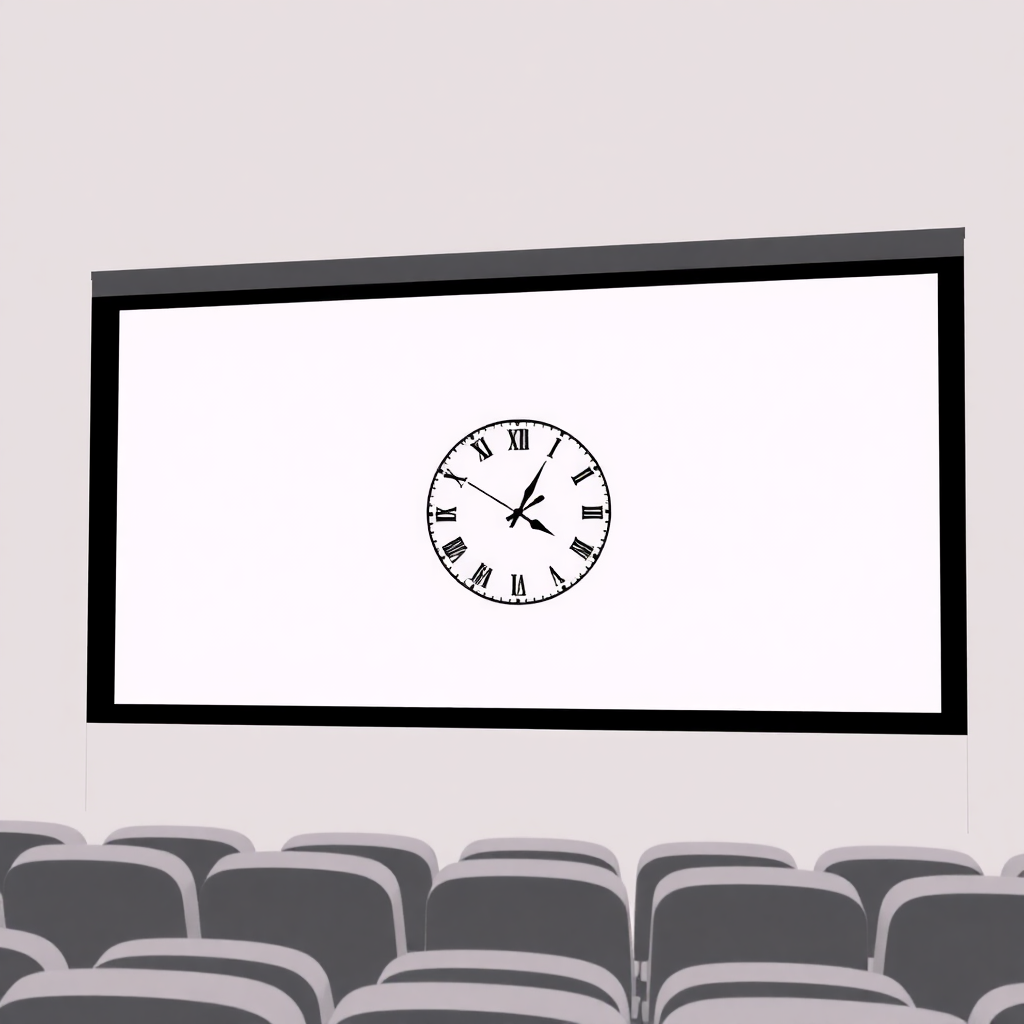
The Challenges of Prolonged Stories
Balancing Viewer Engagement and Fatigue
Lengthy runtimes can challenge audience attention spans. For some, extended storytelling might feel rewarding, while others may find themselves checking the clock during overly drawn-out sequences. This poses a creative dilemma for filmmakers, who must strike a balance between depth and brevity.
At the same time, longer runtimes can impact cinema schedules. The longer a movie, the fewer showings a theater can host in a day—affecting ticket sales and accessibility.
The Impact of Editing Decisions
When Cutting Scenes Becomes Controversial
Editing plays a crucial role in determining the final runtime of a film. Directors often face tough decisions on what to include or exclude to maintain audience engagement. Controversies arise when vital scenes are trimmed for brevity, leaving some viewers feeling that the narrative is incomplete. Balancing artistic integrity with runtime constraints remains a challenge for filmmakers and editors alike.
Viewer Experience at Theaters
Comfort vs. Immersion
Long movies can influence the physical theater experience. Extended runtimes may test audience comfort, especially when seating and breaks are limited. Some theaters have addressed this issue by introducing luxury seating and intermissions to enhance immersion and sustain attention throughout the film.
Streaming Platforms as Game-Changers
The Era of Endless Content
Streaming services have disrupted traditional cinema practices. While movie theaters face constraints like seating schedules, streaming platforms offer flexibility, allowing viewers to pause and revisit at their own pace. This freedom could explain why modern movies are becoming longer—studios know audiences have more control over their viewing habits at home.
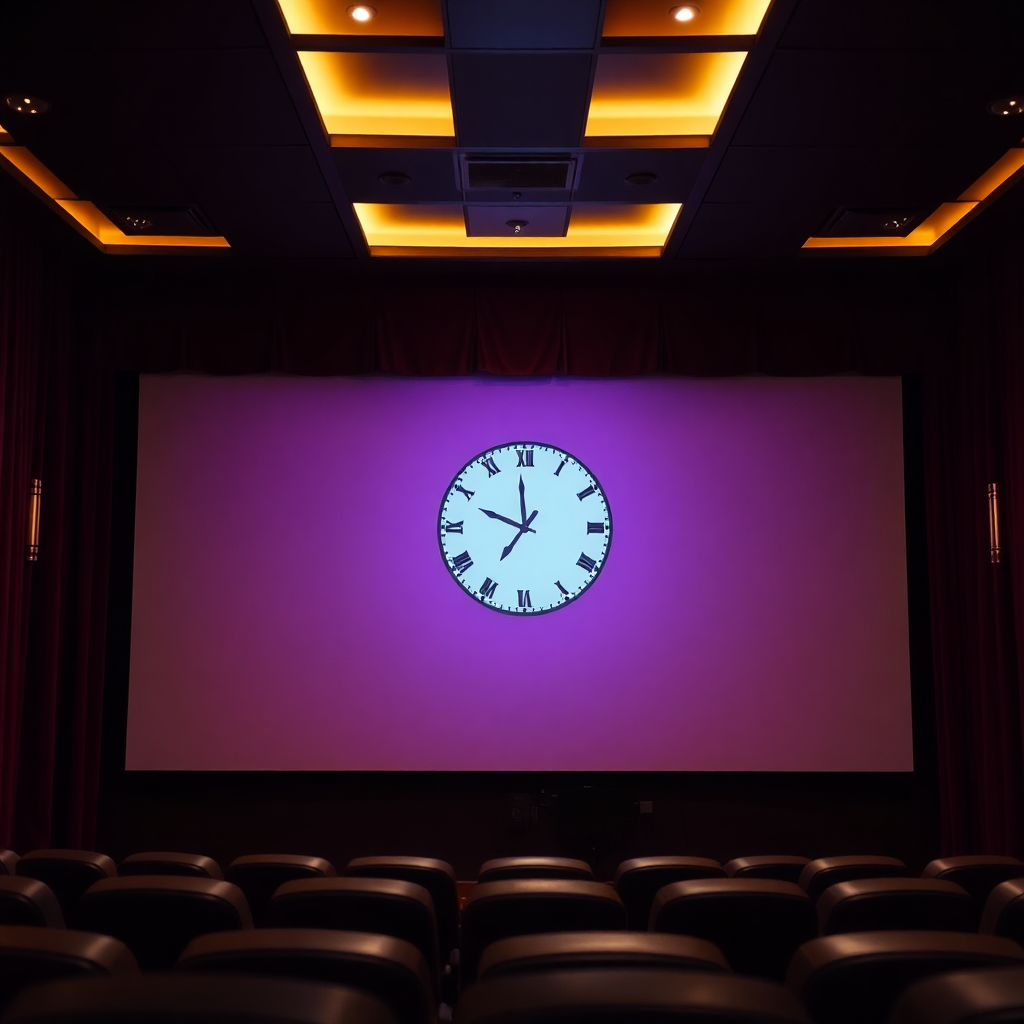
How Soundtracks Affect Perception
Music and Emotional Depth
The impact of extended runtimes is heightened by powerful soundtracks. Longer films often use musical scores to sustain emotional engagement, allowing viewers to stay connected through transitions, climaxes, and resolutions. Soundtracks can also soften the monotony of lengthy storytelling, adding depth to even the quietest scenes.
Trends in Audience Feedback
What Viewers Are Saying
Audience responses to lengthy movies vary greatly. Some celebrate the grandeur and depth of extended storytelling, while others express frustration with excessive runtime, especially when pacing feels slow. Feedback trends highlight the importance of aligning content length with audience expectations while ensuring the movie remains impactful and memorable.
Join the Discussion
What do you think about the trend of increasingly lengthy movies? Are extended runtimes enriching storytelling, or are they testing viewer patience.
#CinemaTrends #MoviesLength #FilmIndustry #CinematicExperience #StorytellingInMovies #MoviesRuntime #AudienceEngagement #MoviesDiscussion #LongMovies #FilmEditing #TheaterComfort #StreamingServices #SoundtracksImpact #ViewerFeedback #ModernCinema #MovieFans #MovieCommunity #CinematicEvolution #EntertainmentIndustry #FilmAnalysis #MoviesDebate #Blockbusters #EpicMovies #MovieTheaters #AudienceOpinions #Cinephiles #MovieCulture #ExtendedRuntime #MovieMarketing #GlobalMovies #StreamingPlatforms

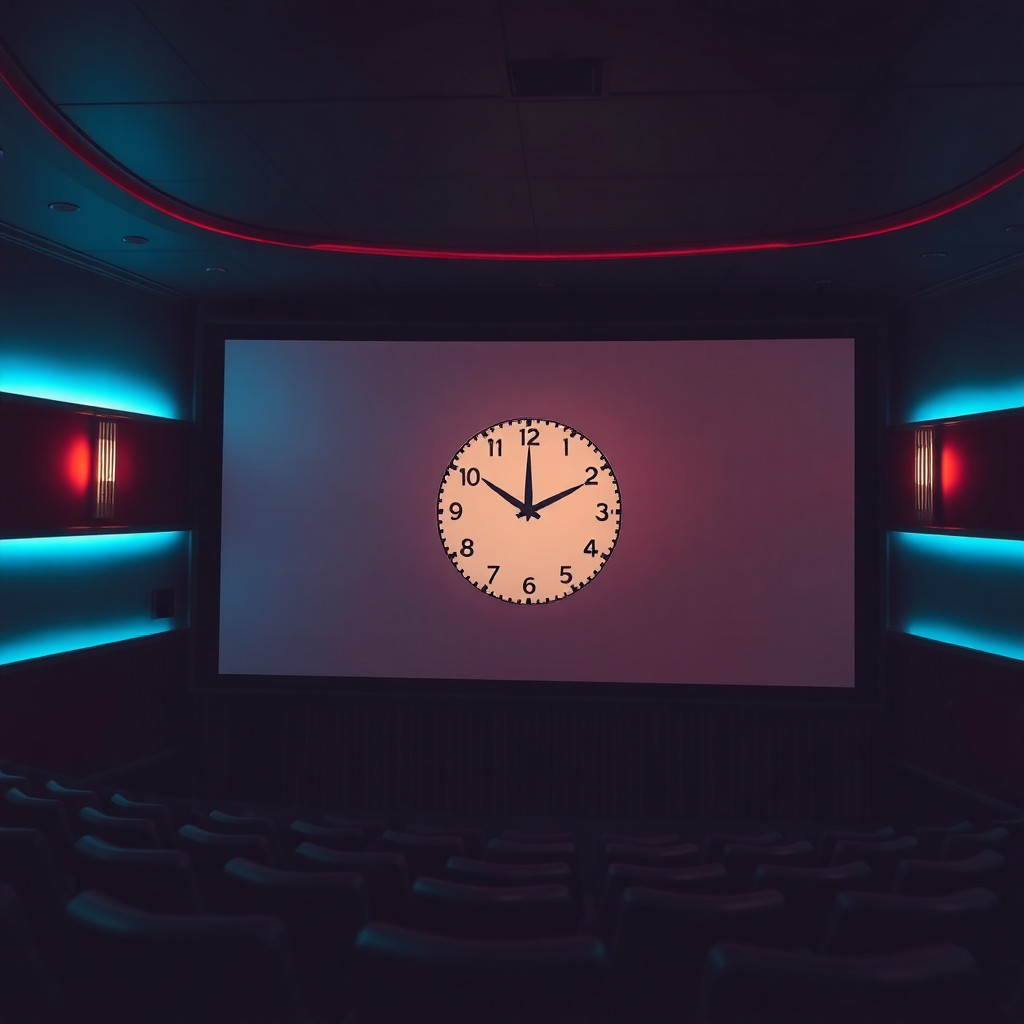

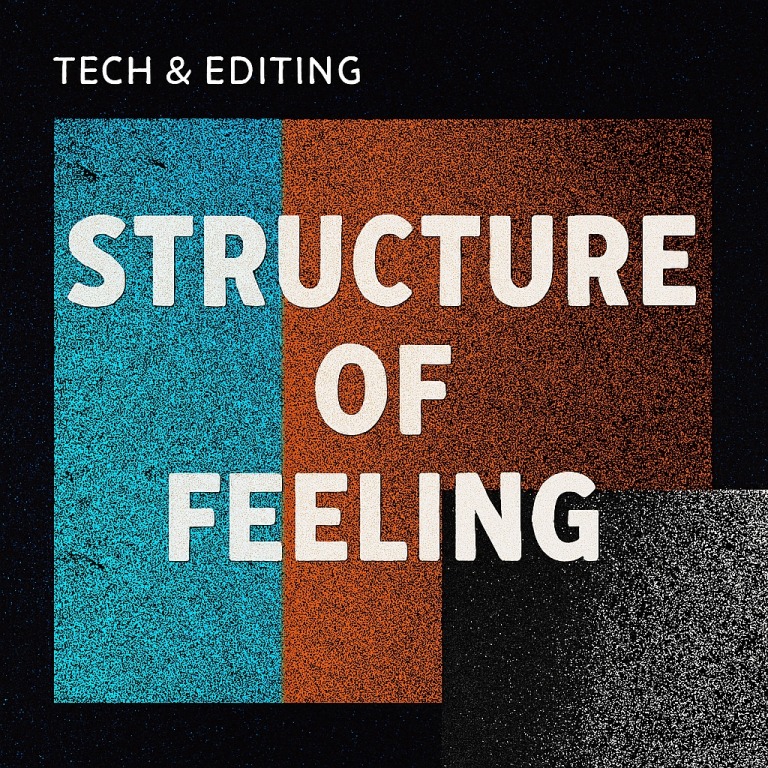




An attention-grabbing dialogue is price comment. I believe that you need to write extra on this subject, it won’t be a taboo topic however usually individuals are not sufficient to speak on such topics. To the next. Cheers